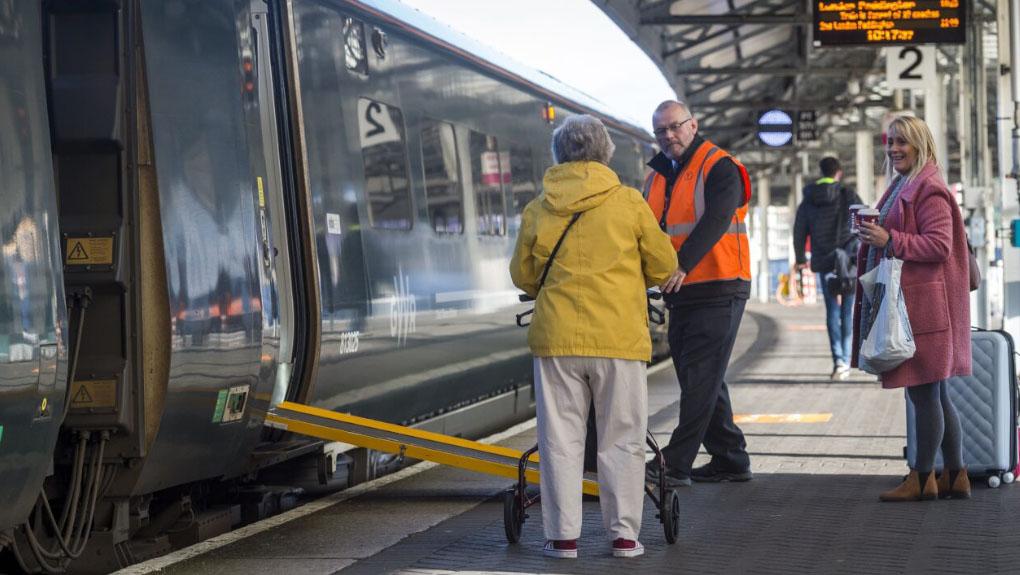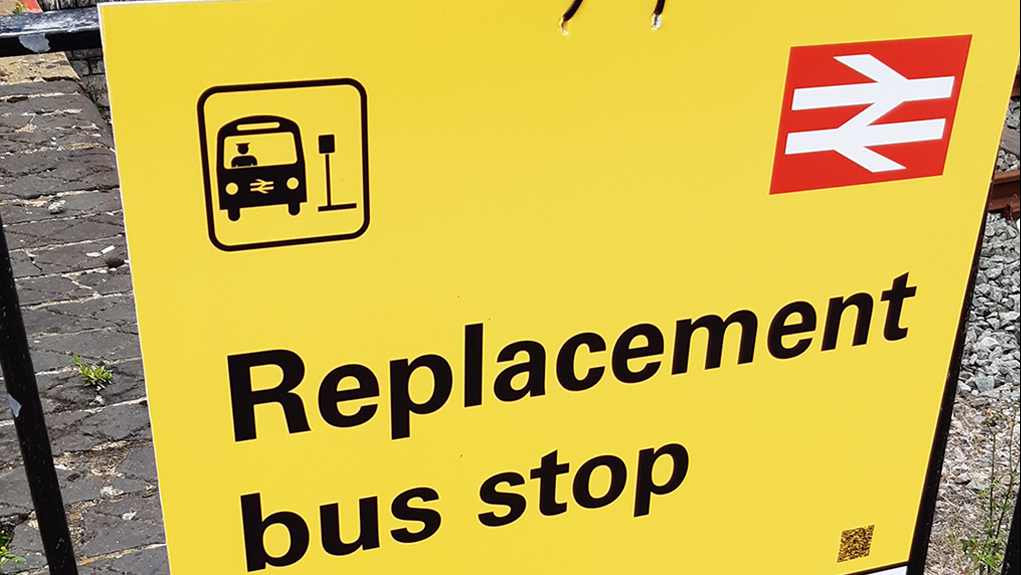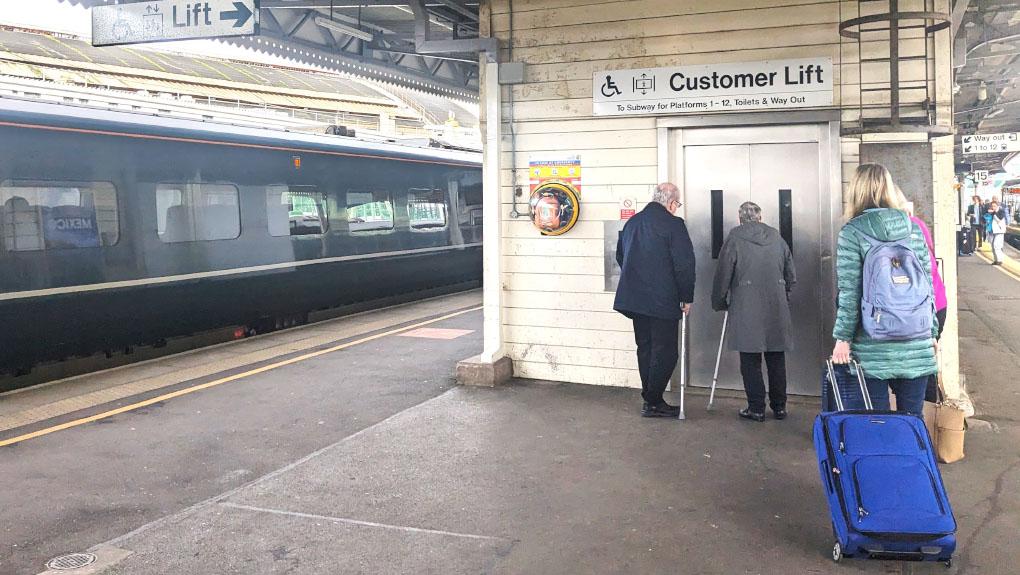We want passengers to have accurate and timely information about their travel options, so that they can plan and make journeys with confidence, including during disruption.
Encouraging cross-industry collaboration

We continue to support cross-industry collaboration that enables network-wide improvements to the provision of passenger information. We previously challenged the industry to develop a single, transparent strategy to deliver improvements in passenger information.
In response, the industry established the Smarter Information, Smarter Journeys (SISJ) programme, which is jointly led by the Rail Delivery Group (RDG) and Network Rail. The SISJ programme now plays a central role in enabling change that requires cross-industry collaboration. Alongside, RDG’s Customer Information Group (CIG) focuses on supporting operators to deliver for passengers every day, including through a focus on getting the basics right.
We engage actively with both SISJ and CIG in recognition of the value that they bring in enabling improvements in the passenger experience.
Protecting passengers when trains are stranded
Working with Transport Focus we reviewed the passenger experience when trains are stranded.
In late 2023, there were several significant incidents where passengers were stranded on trains for several hours. These incidents demonstrated the risks to the health, safety and welfare of passengers.
We commissioned a review of the passenger experience and have asked Network Railand train operators to jointly set out for us how they plan and prepare for stranded train incidents. We will publish the findings of our joint review in summer 2024.
Better information about planned rail replacement buses

We set out what operators need to do to improve passenger information for journeys that involve planned rail replacement services.
We described what good looks like at each stage of the passenger journey, identified key areas for improvement, and asked operators to report to us how they plan to address the gaps. We are conducting further fieldwork over summer 2024 to review progress.
At our request, SISJ is exploring how real-time running information for planned rail replacement services could be made available to passengers.
Automated notifications when booked trains change
We asked operators to make further improvements to the notifications they send to passengers when there are changes to booked trains.
Following our intervention last year, operators now send notifications to passengers where booked trains are cancelled or changed more than 48 hours ahead of travel, using a service that was developed through SISJ.
This year, we have seen operators improve the clarity of those notifications and, again through SISJ, operators have responded to our request to review their policies on ticket flexibility.
The new industry policy is set out in an industry code of practice that we expect to be implemented in August 2024 and reinforced by changes to National Rail Conditions of Travel.
Live information on lift availability

We are closely monitoring Network Rail’s progress in meeting our expectations that live data on lift availability will be made easily available to both passengers and staff to support journey planning.
The project is progressing more slowly than planned because of unanticipated issues that affect data quality and consistency. To be useful, the data must be accurate.
We are reassured that Network Rail, supported by SISJ, recognise the critical importance of data accuracy. They are taking steps to understand and tackle issues as they emerge, and are capturing lessons learned that will be of relevance as the industry continues to build the range of information available to passengers.
Live data is currently available through the National Rail Accessibility Map for 86% of lifts. We want to see Network Rail move towards 100% availability and for that data to be available through the National Rail website and to third-party website and app developers through an API.
We also expect Network Rail and operators to ensure that lifts remain able to report their status after the analogue landline phone service is switched off in 2027.
Timely release of timetables and Advance tickets
We are monitoring operators’ return to releasing timetables and Advance tickets at least 12 weeks before travel.
We expect full compliance for all travel from the December 2024 timetable change (timetables released in September), although recognise that there may be occasions where operators cannot provide 12 weeks’ notice for reasons outside their control. Progress to date is good.
Regulatory framework for passenger information
We hold operators to account against requirements set out in the Passenger Information licence condition, under which operators have adopted the Customer Information Pledges as their regulated Code of Practice.
The Pledges must be reviewed annually to drive continuous improvement. The licence requirements complement wider requirements in consumer law and the Railway Interoperability Regulations.
Our priorities for April 2024 to March 2025
We will:
- continue to engage and influence across the breadth of the SISJ and CIG work programmes in recognition of the value they have demonstrated in enabling improvements for passengers across the whole network
- publish and follow up the findings of our joint review with Transport Focus into stranded trains
- conduct further fieldwork to review the progress that operators have made in improving passenger information for rail replacement buses
- continue to assess operator compliance with the Customer Information Pledges, particularly during disruption, providing bilateral feedback to operators.

